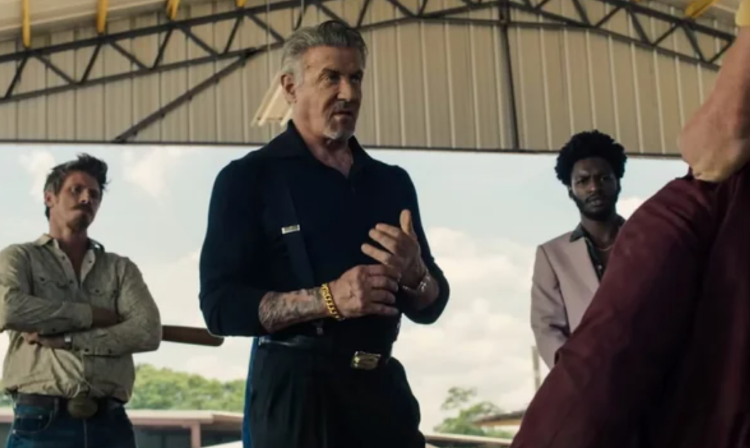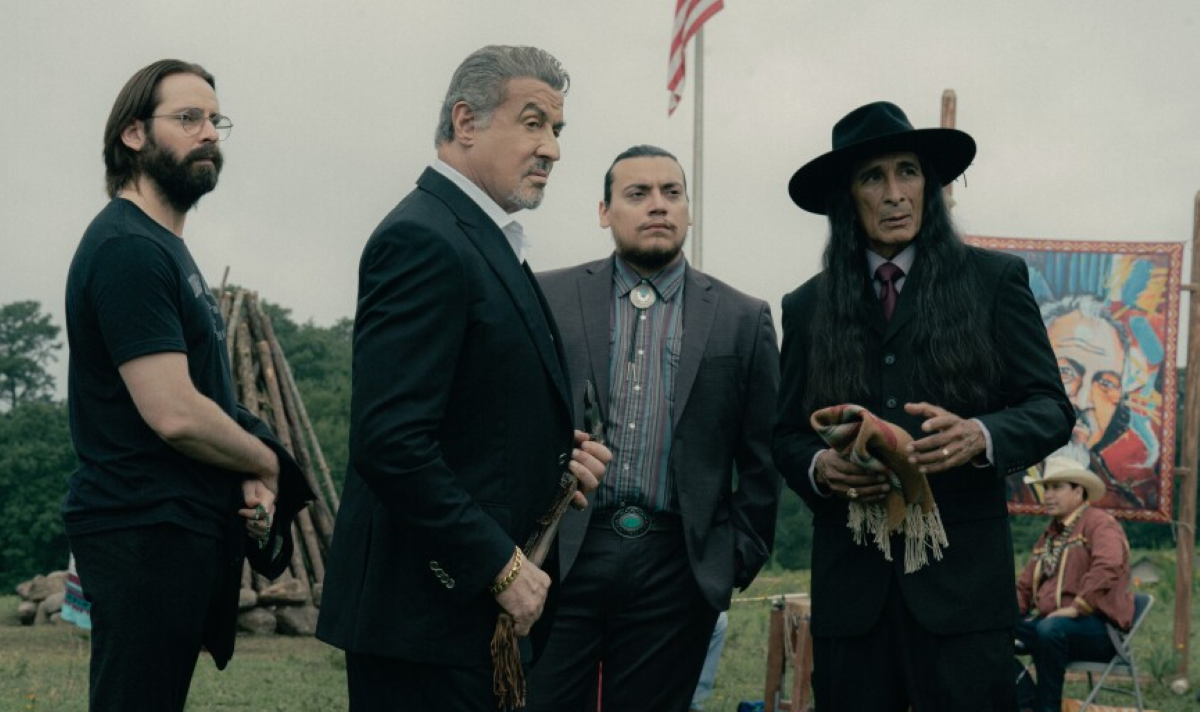The episode depicted leaders in the Quapaw Nation as criminals connected to wind energy and cannabis conspiracies in season two of the hit Paramount+ television series.
After reading the script, Supernaw became upset.
“I do not appreciate the way that Indian Country is typically depicted, as backroom, shady, underhanded dealing, considering what tremendous positive impacts we have, not only in Oklahoma but across the country,” Supernaw said.
In response, the Quapaw Nation issued a press release condemning the episode, ultimately catalyzing different producers from Tulsa King to express dismay, including creator Taylor Sheridan, Studio 101 and Paramount. Supernaw said the outcome of those conversations led to implementing a solution she was satisfied with.

“Our objective was to …basically scrub references to Quapaw Nation,” Supernaw said. “They did not come to us and ask. And even if they had, we wouldn’t have given them permission.”
A fictional tribe, the Kinike Nation, has replaced the references of the Quapaw Nation in Tulsa King, following discussions between the tribal nation in Oklahoma and the show’s producers.
Sheridan’s involvement in season two of Tulsa King has been limited. He created Tulsa King and co-created Yellowstone, a show lacking Indigenous creatives on the production team. He also wrote a 2017 film titled Wind River, which received criticism from the Indigenous organization IllumiNative.
At the beginning of October, the Comanche Nation passed a resolution hoping to have a say in an upcoming Sheridan production after the writer and director bought the rights to Empire of the Summer Moon, a Pulitzer Prize finalist book. It’s unclear what input the tribal nation could or would have on the project.
